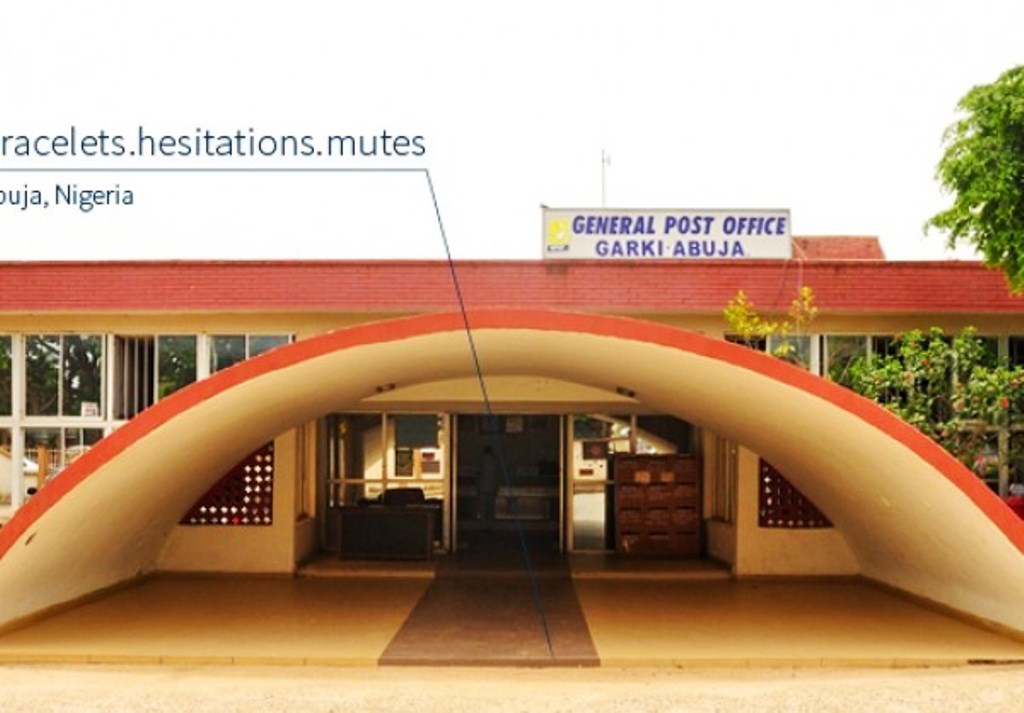The Nigerian Postal Service (NIPOST) has announced the country is adopting the innovative of a 3 word global addressing system.
This was made known in a press release by what3words, the firm NIPOST is collaborating with for the initiative.
“We are very pleased to be collaborating with what3words as an addressing solution with huge potential to unlock opportunities,” said Barrister Bisi Adegbuyi, Nigeria’s Postmaster General.
“Better addressing is a key to NIPOST’s agenda, which aims to transform, innovate, and deliver more services to more people all over the country,” the Postmaster General added.
According to a report by what3words, Nigeria’s poor addressing system means that only 20% of its inhabitants receive mail at home. 79% of homes and businesses cannot receive deliveries to the door, and the remaining 1% receives their mail using one of the 478,000 P.O. boxes throughout the country. A postcode system does exist, but only 5% of mail gets properly addressed with the postcode, hampering the efforts of NIPOST to improve its quality of service.
“With a rapidly growing ecommerce ecosystem, Nigeria is a very exciting country to be working with,” said Chris Sheldrick, CEO and Co-founder of what3words.
“Postal services have a critical role in building a strong economy and NIPOST are firmly focused on the future, and are taking steps to modernise and grow their capacity and range of services,” he further stated.
TheNewsGuru reports the innovative global addressing system has divided the world into 57 trillion 3m x 3m squares, each with a unique 3 word address.
It means that every home and business in Nigeria has a simple and accurate address that is easy to remember and to use.
Available in 14 languages, with many more currently in development, TheNewsGuru reports what3words is used in over 170 countries by governments, postal services, logistics companies, emergency services and NGOs, as well as individuals.
It is more accurate than traditional street addresses, simpler than landmark-based directions, and easier to remember and communicate than GPS coordinates.
The system has built-in error detection and is available through a free mobile app and API integration.
The system even works offline, without a data connection.
